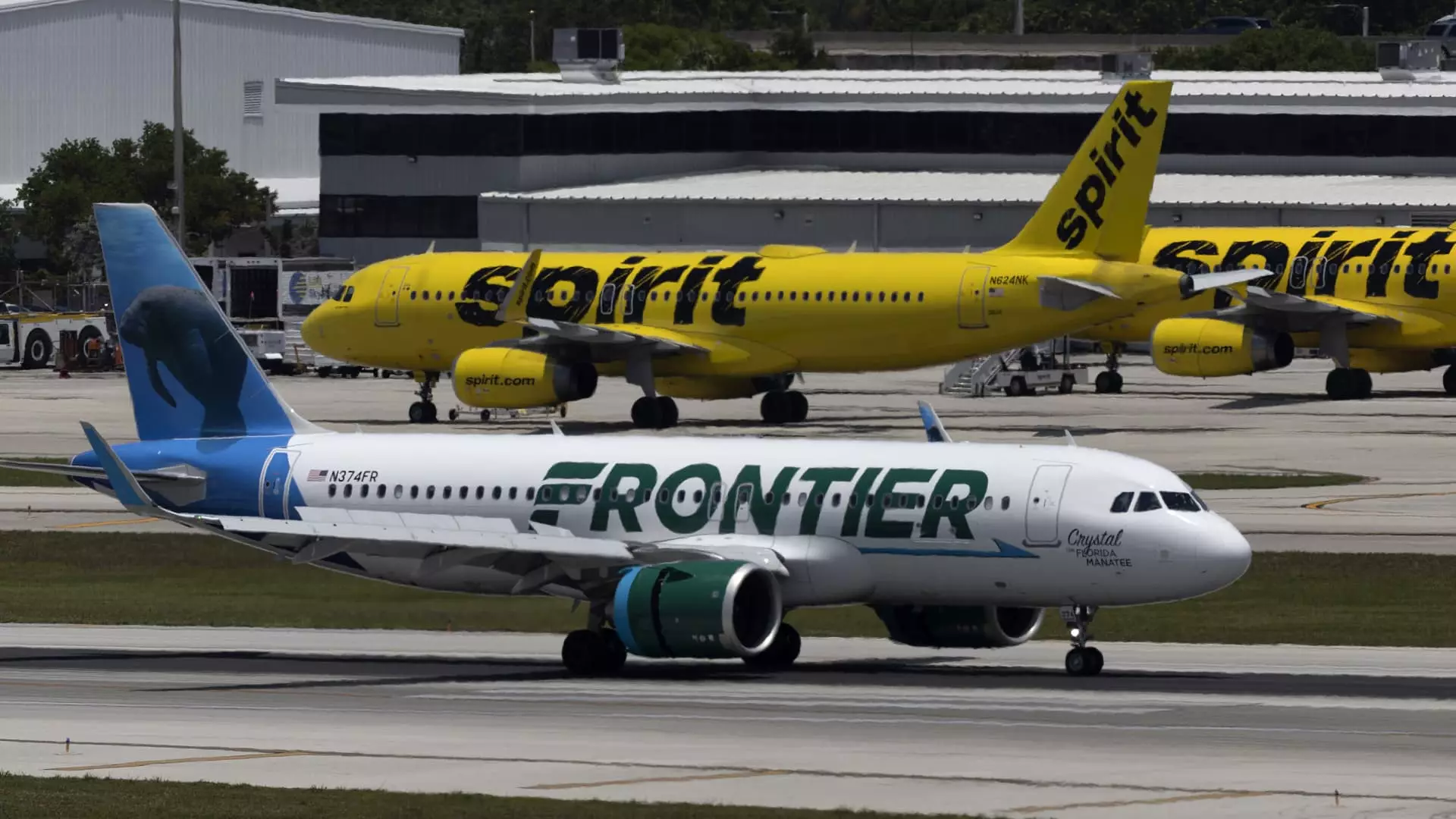In a surprising twist, Frontier Airlines has renewed its proposition to merge with Spirit Airlines, which is currently navigating the complex waters of bankruptcy. The proposed merger, initially pitched back in 2022, had been sidelined when JetBlue Airways made a competitive bid for Spirit. However, after a federal judge ultimately blocked JetBlue’s acquisition attempt last year, Spirit found itself filing for Chapter 11 bankruptcy in November, thus reigniting Frontier’s interest.
This latest proposition indicates a strategic realignment in the budget airline sector, where both airlines have been significantly affected by post-pandemic struggles. Frontier executives have engaged with Spirit’s board since making their recent offer, emphasizing the need for a timely resolution. They have expressed serious concerns about Spirit’s potential standalone recovery strategy, which they argue may leave the airline in a precarious financial position.
Strategic Assessments and Financial Viability
Frontier’s leadership, including Chairman Bill Franke and CEO Barry Biffle, has voiced skepticism regarding Spirit’s bankruptcy recovery plan. Their correspondence, highlighted by sentiments of urgency, outlined fears that Spirit would emerge from bankruptcy with a heavier debt burden, potentially leading to continued operational losses. Their assertion highlights a critical lesson in the airline industry: even budget airlines must navigate financial waters carefully. The implications here extend beyond simple corporate maneuvering; they reflect the harsh realities of an industry recovering from the pandemic’s economic impact.
Despite Frontier’s enthusiasm for a merger, Spirit has already labeled the offer as “inadequate and unactionable.” This rejection indicates deeper underlying issues, not just within Spirit’s operational framework but also in the competitive dynamics of the budget airline market. As they aim to emerge from their bankruptcy filing, Spirit has undertaken significant cost-cutting measures, including workforce reductions and asset sales. However, a lingering engine recall issue does not bode well for Spirit’s immediate operational capacity.
Adapting Business Models in the Face of Change
Amidst these challenges, budget airlines are rapidly adapting their business models to remain competitive. The recovery landscape has seen

